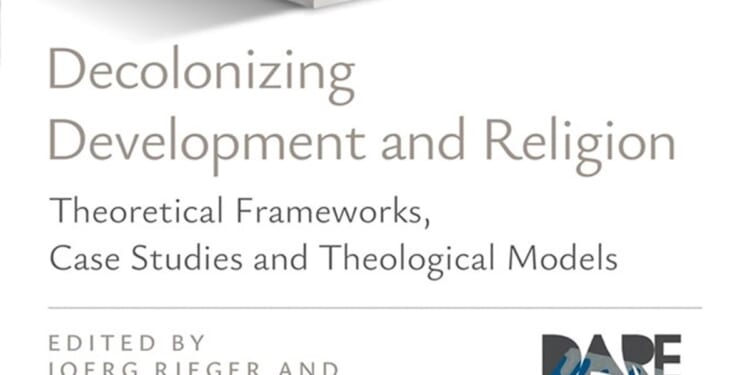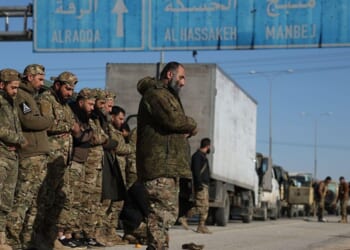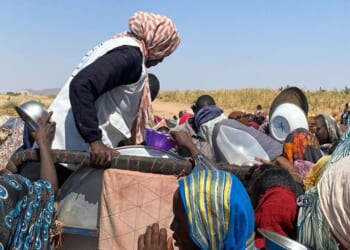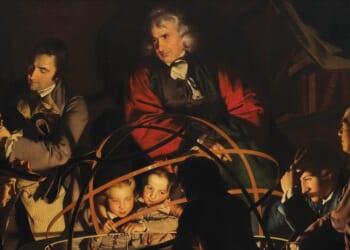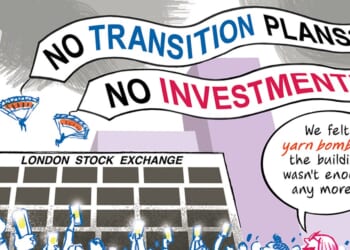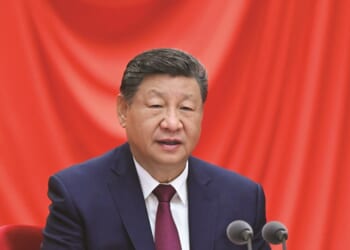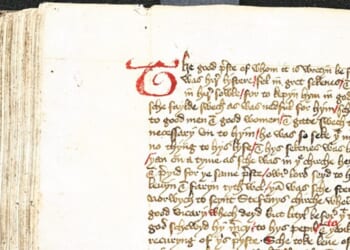THIS assured collection of essays demonstrates the possibilities for theologies that address real-world issues affecting millions of people’s lives and livelihoods globally. Empirically grounded and theologically acute, it brings to the reader’s attention a set of critical perspectives focused on the idea and practice of development.
Firmly grounded in the voices and experiences of those most directly affected, especially in Asia and Latin America, it challenges the naïvety of viewing development primarily as a progressive path to greater freedom and material wealth rather than as something that is much more problematic and often, but not always, a brutal activity continuing historic patterns of resource extraction.
Well structured, with four sections — frameworks, case studies, theological models, and specific challenges — it is a testament to the vitality and relevance of theological thinking and practice in the majority world.
The opening frameworks anchor the volume through a focus on the two key recurring issues, economics and human agency. In the first, Jamin Andreas Hübner highlights how cooperatives have played a key part in resisting or ameliorating some of the worst effects of resource extraction. Drawing on case studies from Indonesia and Guatemala, he makes a powerful case for development grounded in participatory networks of solidarity built through mutual aid, land trusts, and cooperative incubators.
This is paired with a focus on the lived experience, knowledge, and voice of women within anti-human trafficking. Here Sanjana Das argues that the dominant framing by the global North is protectionist and paternalistic and often ignores wider systems and structures, exacerbating the “secondary victimization” (trauma and shame) of women, besides restricting their movement and economic agency.
Three of the case studies extend this emphasis, focusing on the part played by communities of Christian women in generating patterns of cooperation and sustainability. The studies provide clear, subtle, and layered accounts of local Christian indigenous theologies, spiritualities, and grass-roots practices resisting the coercive dynamics of development: Maria Glovedi Joy L. Bigornia considers collaborative practices among the Christian Itneg women in the Northern Philippines; Shiluinla Jamir explores how the women weavers have reappropriated the traditional concept of atepzung (literally “the hearth”) to resource resistance to the imposition of “civilised” forms of agriculture, which threatens the peoples of the South-East Asian massif; and finally Moakumla Longkumer’s reflects on the key part played in educational leadership by indigenous Ao-Naga women.
The final case study, from Samoa, provides a fascinating exploration of motuga’afa (wisdom threads). Here, Faafetai Aiava provides a theological reflection focused on systems of time-keeping, frugality, rest, and sustainability.
The theological methods section emphasises the importance of historical continuity. Here, Nancy Cardoso unmasks the theology and myths that are perpetuated about the benefits of development, and highlights, instead, the reality as “polluting territories and democracy, making participatory processes impossible and sacrificing lives, species, forms of knowledge”. Also focused on Brazil, Priscila Silva traces the historic genealogy of the favela as a development of the country’s slave economy.
An excellent chapter from the UK, by Luke Larner, explores and exposes the relationship between land and labour, with an exposition of the implications of the enclosure of England’s common lands in shifting understandings of property, exacerbating inequality, benefiting C of E clergy, and generating a vulnerable workforce.
The final section draws together chapters on reparation advocacy, bringing St Thomas Aquinas and Franz Fanon into dialogue (Wijoyo); a consideration of the disproportionate numbers of LGBTI+ individuals held in detention in Brazil as an institutional extension of the violence experienced by the marginalised; and, finally, a look at AI, and how algorithmic biases simply entrench existing privilege, inequality, and discrimination, and what an ethical AI might look like.
A well-edited volume with consistently high-quality chapters, this is part of a wider series supported by the Council of World Mission, bringing fresh critical theological voices to real-world challenges.
The Revd Dr Duncan Dormor is the General Secretary of the USPG.
Decolonising Development and Religion: Theoretical frameworks, case studies and theological models
Joerg Rieger and Sanjana Das, editors
SCM Press £30
(978-0-334-06631-6)
Church Times Bookshop £24

